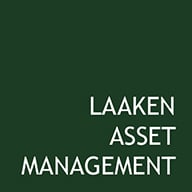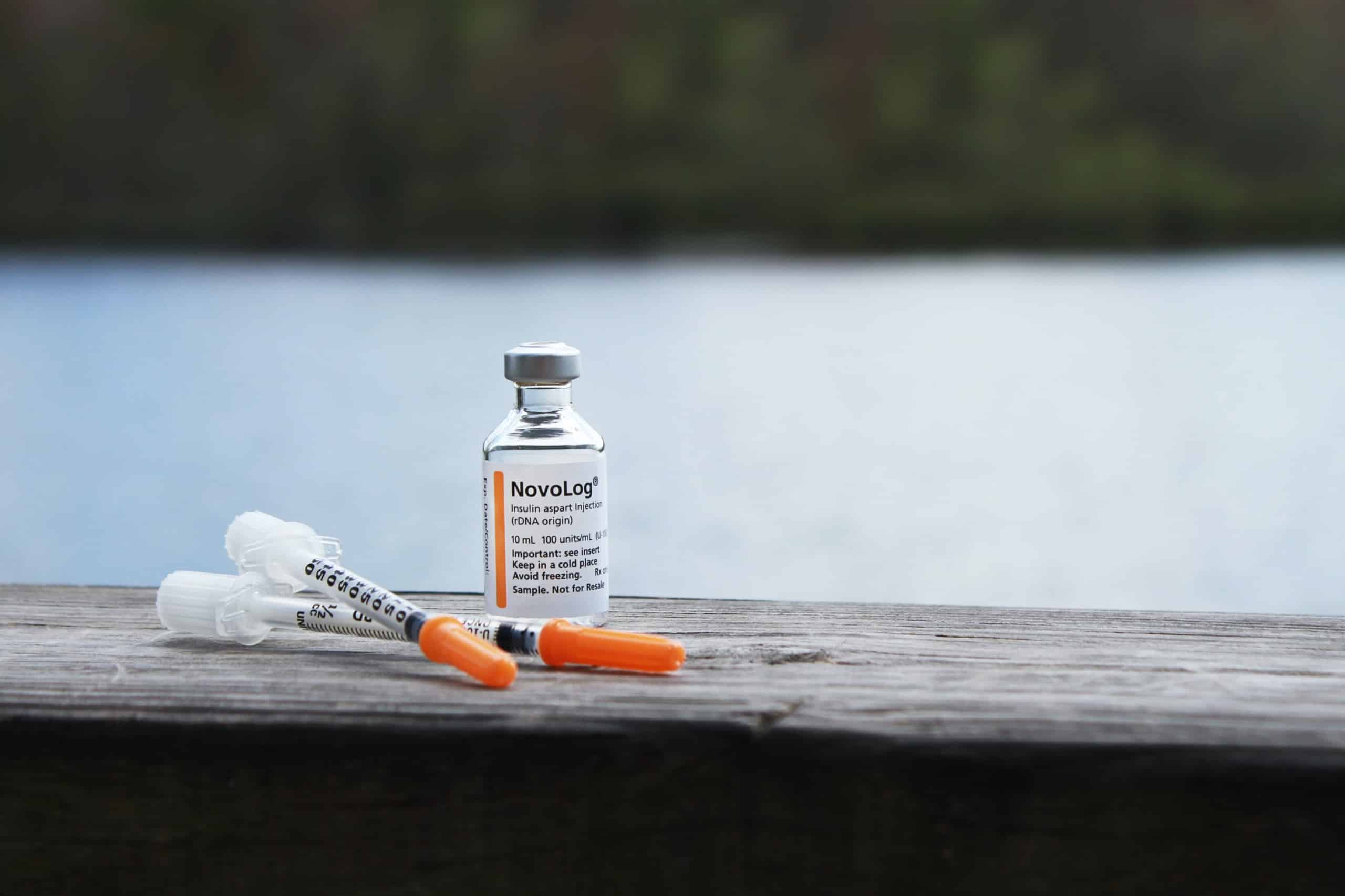Novo Nordisk (NVO) has been part of our portfolios since 2009. The company is the world leading producer of insulin medication. Insulin is a hormone produced by the human body to absorb glucose from the blood. It regulates our blood sugar levels. Glucose is the primary fuel for human cells. Normally, the pancreas will produce and dispense insulin after consuming food. When this does not occur, or does not occur sufficiently, this is referred to as diabetes. NVO produces insulin medication that enables diabetes patients to continue to regulate their blood sugar levels. NVO is led by Lars Jorgensen. Jorgensen started at NVO in 1991 and held various positions in the company, including international assignments in the Netherlands, the US and Japan. NVO named him CEO in January 2017. Since then, the NVO stock has achieved a return of 20% per year (compounded annual growth rate).
Products
Insulin medication are classified in two major groups: insulin and Glucagon Like Peptide-1 (GLP-1). Insulin needs to be injected several times a day to keep blood sugar levels correct in diabetes patients. Injected insulin will produce spikes and lows of insulin in the body, causing risks for too high and too low levels. In addition, a common side effect of insulin injections is weight increase. GLP-1 is an innovation that stimulates the body to produce insulin on its own, providing more stable blood sugar levels for patients. GLP-1 only has to be administered from once a week to once a day. NVO sells three different types of GLP-1 for treatment of diabetes: Victoza (a daily injection), Ozempic (a weekly injection) and Rybelsus (a daily pill).
GLP-1 is gaining market share from insulin, and within the spectrum of GLP-1 types, Rybelsus is gaining market share from the other two types. Rybelsus launched in the US in April of 2020 and had already captured a GLP-1 market share of 5.5% by April 2021. NVO’s main competitor Eli Lilly has a weekly GLP-1 injection called Trulicity. NVO is the only provider of a GLP-1 pill. The turnover growth of GLP-1 products exceeds the decline in turnover of insulin products, resulting in overall growth for NVO in diabetes medication sales. The insulin market was roughly twice the size of the GLP-1 market in 2020.
Diabetes is an increasingly common condition among the world’s population. Worldwide 422 million people suffer from diabetes with 34 million patients in the US, 60 million in Europe and more than 40 million in China. 11% of NVO’s turnover in 2020 came from China, where demand for the medication increases sharply. NVO has a local GLP-1 market share of more than 80%.
NVO also provides GLP-1 as medication against obesity under the brand name Saxenda. Saxenda is basically a higher dose of Victoza. The medication is currently only available as an injection, but NVO is developing a pill for ease of use. This new version could mean a significant addition to sales, as the US alone counts more than 70 million people that suffer from obesity.
Furthermore, NVO has a smaller division that produces medication to treat haemophilia patients.
Finally, studies show GLP-1 may have a positive effect on Alzheimers disease and non-alcoholic fatty liver disease. NVO is currently researching these possible applications.
Valuation and risks
NVO’s strong market position and recurring turnover generates a return on investment in excess of 20%. NVO is also one of a select few companies that have accomplished an increased turnover and profit growth during the Covid-19 ravaged year 2020. NVO has no debt, a history of share buy backs and in addition pays investors a 2% dividend yield. Patents are an important part of the NVO business model and are in our assessment the main risks. Victoza and Ozempic/Rybelsus patents expire in 2023 and 2031 respectively. Victoza made up 11.5% of NVO’s turnover in the first quarter of 2021. Patients are gradually changing to the more user friendly Ozempic and Rybelsus. In 2023 Victoza will represent only a minor share of the company turnover. The Saxenda patent expires in 2023. However, NVO has already developed a successor, which has been approved by the FDA recently. NVO researches and develops its products continuously, trying to always stay ahead of the patent expirations. NVO trades at 24 times the estimated 2022 profits, with a stable long term turnover growth of more than 8% per year. In our opinion, the defensive characteristics of the company justify the valuation. The aforementioned possible upsides in treating Alzheimers and non-alcoholic fatty liver disease are included, at no extra costs.
Sustainability
At Laaken Asset Management, we strive for strong returns, with strict observance of sustainability. Since 2016, Laaken is a signatory of the United Nations Principles for Responsible Investment. We are committed to sustainability as a factor in our investment decisions and we analyze how our investments perform on Environmental, Social and Governance (ESG) metrics.
On the Environmental scale, NVO measures its energy use, C02-emissions and water consumption. Production is powered by 100% renewable energy. On the Social scale, we observe NVO providing access to medication for developing countries with programs such as ‘Changing Diabetes in Children’ and the ‘Novo Nordisk Access to Insulin Commitment’. Finally, Governance is strong in NVO. The board consists of 13 members, 4 of whom are chosen by the company employees. This ensures that both shareholder and employee interests are represented in the company strategy. In addition, most NVO employees are also shareholders. NVO granted all its employees 75 restricted shares in 2019. Trading in these shares is possible from 2023. NVO publishes numerous ESG statistics on an annual basis. These statistics include product recalls (0 in 2020), staff turnover (<10%) and the number of employees that have completed company ethics training programs (>99%).







